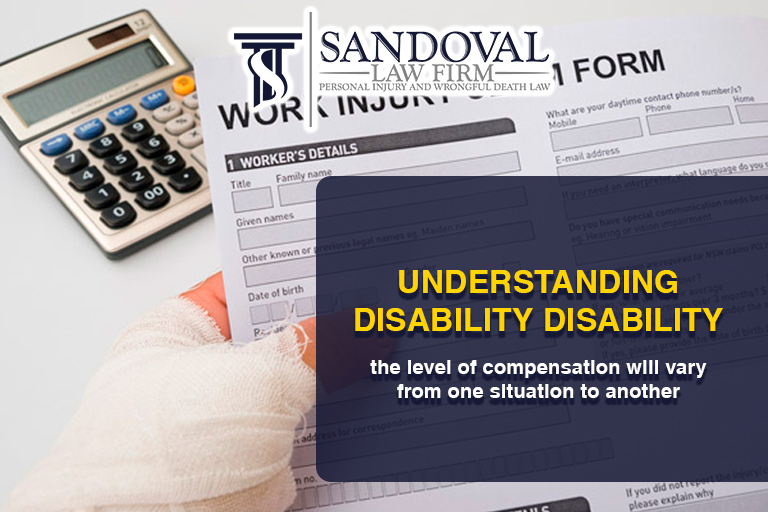The workers’ compensation system in Texas is available to provide financial assistance to those who experience employment-related injuries or illnesses. However, since every health condition is different, the level of compensation will vary from one situation to another. In some cases, a disabled worker may experience an improvement in his or her overall health but will still suffer from some impairment or loss of functioning. Significant to the receipt of benefits in such cases is the impairment rating (IR). This rating will be assigned after the person reaches maximum medical improvement (MMI) status and after cessation of temporary income benefits.
What is an Impairment Rating?
The MMI refers to the best condition that the disabled worker is expected to reach. It could be attained through a full recovery or by reaching a physical condition that is not expected to improve with time. It can also be attained if the person exceeds the maximum time limit for temporary income benefits, which in Texas is two years. The IR is required for the person to continue receiving benefits without achieving a full recovery. This rating is specifically used to assess the status of those involved in workers’ compensation cases. It will also be used to determine the amount of compensation to be awarded.
How is the Impairment Rating Determined?
This is accomplished through a special examination that will be conducted by either the person’s own physician or a doctor who is appointed by the state. The physical condition of the person examined will be measured in different ways, including his or her range of motion, strength, nerve conduction velocity and pain threshold. The IR will be established through reference to a guide issued by the American Medical Association. In the event that there has not been a full recovery, impaired income benefits will equal 70 percent of the disabled worker’s average weekly wage. Workers who are permanently impaired will be designated as such and will in turn be awarded benefits to compensate for this total loss of functioning.
What if I Don’t Agree With The Impairment Rating?
These ratings may be challenged either insurance carriers or the workers themselves. However, the IR must be disputed within 90 days of the rating. Failure to do so in the required time frame will normally result in a permanent designation of the original rating. The workers’ compensation system is Texas is complicated and requires a thorough understanding by those seeking help. An attorney can help injured or ailing workers understand their rights and their options.
Sandoval Law Firm, PLLC helps injured workers and their families. Call (346) 347-7777 for a free and informative consultation!









